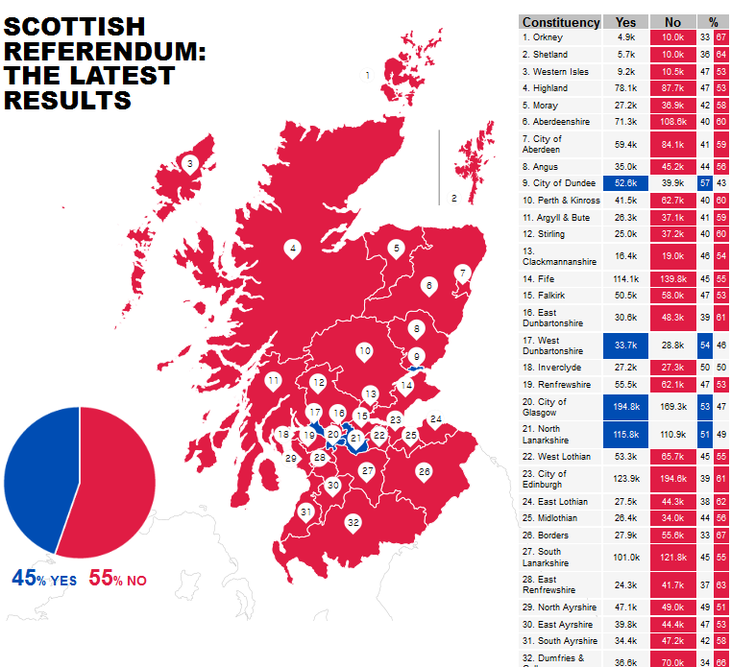
I’m still trying to figure it out. Although nobody in the British press would ever discuss this without a hysterical tone, I still want to know how much “blood and soil” feeling actually animated the secessionists. Of the 45% who voted for independence, a lot of reasons were floating around but the “blood and soil” thing, it must’ve been high on the list. Would we imagine 45% of Scots were zealous supporters of the political program of Scottish National Party?
I’m actually thinking this: Both sides had very big undercurrents of “blood and soil feeling” animating their campaigns, all else notwithstanding, but conflicting visions thereof.
The British Isles’ 1,600-years-running Celtic vs. Germanic rivalry may be the key to understanding it.
So to the extent it was an emotion-based vote, it may have been something like this: “Do you see Scotland as being best fit in the Anglo-Germanic World, or in the Celtic World?”
Some might accuse me of fanciful, romantic thinking; as if anything that happened 1,500 years ago could still matter! Hey, there are other examples, easy to see, and if you bother to look you’ll see them all over, in fact. One example: the eastern/northern border of the Roman Empire 2,000 years go aligns almost precisely to the Latin-Germanic linguistic/cultural boundary today.
Previous posts about Scotland:
#228 Scottish Independence
#229 Scotland’s Secession Vote / Reminiscences of a Scottish Friend
#232 Secession, In Principle
